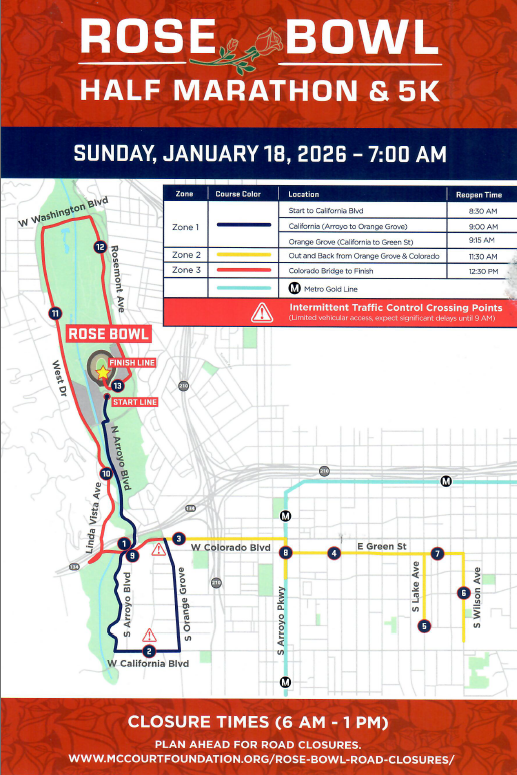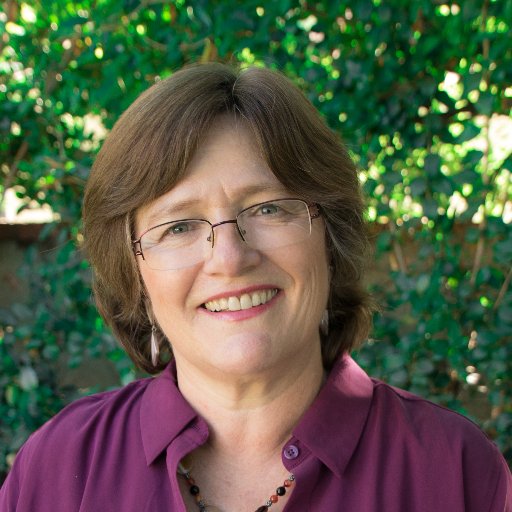“When we individualize sin and weaponize it with shame, we forget that the heart of sin is a breakdown in relationship — with God, with each other, with creation.”
One of the most powerful moments of my past year came last September when I accepted an invitation to attend Kol Nidrei, the evening Yom Kippur liturgy at Leo Baeck Temple.
Kol Nidrei means “All Vows.” It is a liturgy that developed in medieval times during and even at times as a part of widespread persecution of Jews, forced conversion to Christianity or Islam under torture and threat of death.
Persecution left the community with a question: As people of a covenant, people who take verbal promises deeply seriously, how do we reincorporate people into the community who have sworn allegiance to a different covenant, even under duress?
What emerged could have been – and in fact originally may have been — a sort of process of public shaming. Of making those who had forsaken the covenant stand in front of the community, confess and beg for forgiveness and reconciliation.
However, what has eventually developed and what I experienced at Leo Baeck was something quite different and much more powerful.
The ark is opened, the Torah scrolls are brought out and the rabbi hands them to people who hold them in front of the whole congregation. Then together, the cantor and congregation chant a litany of confession and prayer.
Together, standing before Torah, the entire congregation confesses that they have not kept Torah in the previous year and – this is the part that really caught my attention — acknowledges that in the year to come they’re probably not going to do any better! In fact, Kol Nidrei is a release from all vows made with God and a repudiation of the whole idea of promising God that we will keep Torah or any other vows in the first place.
Why would the community do this? Here is how it has been explained to me:
First of all, breaking a vow to God is a big deal. And beginning in Deuteronomy and continuing throughout volumes of rabbinic literature, there is a deep understanding of how easy and even inevitable it is to fall short of what we promise to God … so we are better off not promising anything at all.
And … even more than that … making an annual vow to God to “do better” trying to fulfill Torah is kind of like most New Year’s Resolutions – with about the same result. It’s casting our faithfulness in terms of individual willpower measured against a ruler of perfection. It’s setting us up to fail.
So, do we just give up and say it is too hard? is this just an ancient communal version of what Homer Simpson told Bart: “Son, you tried and you failed miserably. The lesson is … never try.”
Hardly. Instead of taking vows, the community together does something called T’shuvah.
T’Shuvah is an act of returning and response. The whole community, standing in front of Torah, promises not to follow the law but to return to relationship with God. To respond to the love of God, who brought the covenant community out of bondage, with a recommitment not to the rules but to the relationship with God and with one another.
The prayer book for the evening contained this study text on T’Shuvah:
Resh Lakish said: “Great is repentance, for it transforms one’s deliberate sins into merits.” In general, we think of repentance as a way of achieving expiation for the wrongs we have done. But Resh Lakish’s teaching points us in a new and surprising direction … The focus is not on changing the past, but on defining a new direction for the future. For t’shuvah, after all, is ultimately about changing ourselves, not only clearing our record of past deeds that we are now ashamed of. Through the process of t’shuvah we evolve morally, becoming the sort of people who can no longer conceive of falling back into the old patterns of misconduct that characterized our past.
But how did this transformation occur if not through the examination of that very misconduct? Transgressions can become the springboard for tremendous moral growth, if only we do the hard work of t’shuvah that enables us to learn from our mistakes.
Some of the more passionate theological conversations I have been engaged in since coming to All Saints Church have been on the topic of sin. And through those conversations, I am learning many things about ourselves … myself included.
One thing is that as the church has taken the life and teachings of Jesus, which are all about love lived out in community, and run them through the filter of Western individualism, we have not only commodified salvation as something that can be bought or earned through individual confession or effort, we have turned sin into a strictly individual enterprise as well. With we as individuals wholly responsible for committing it, avoiding it, and bearing the burden of it.
We have also quite effectively used condemnation and shame to weaponize the language of sin against one another and ourselves. Selectively defining sin to reinforce existing norms and power arrangements and using shame to exclude and strip of power any whose very being might challenge them.
The combination of these things is the very setup that Kol Nidrei and t’shuvah strives to address. Individualism and shame combine to give us a theology that centers us in our perceived unworthiness and failure, which leaves us not only trapped like Sisyphus forever pushing a huge boulder uphill only to have it inevitably roll back down on us but in so doing prevents us from the very transformation of self, community and world that is the dream of God.
When we individualize sin and weaponize it with shame, we forget that the heart of sin is a breakdown in relationship – with God, with each other, with creation. And where there is wounded relationship, the answer is t’shuvah … deeper return and commitment not to fulfilling an impossible set of rules but a deep return and commitment to relationship with love and justice at its heart.
The questions t’shuvah asks of us are deep and profound. How do we acknowledge when and how our relationships have broken down? What does reparation look like? What does living differently look like? What does dismantling structures that oppress and institutionalize deep brokenness look like? How does not hiding in shame from the pain of the past give us the opportunity to create a future of love and justice together?
Your vestry spent this weekend working incredibly hard discerning a working set of core values for All Saints Church. Asking the questions of “Who have we been when we are at our best?” and “What values is God calling us to embody as we move together into the future?” It is work that is just beginning, work to which we will all contribute, and work that is already bearing beautiful fruit.
Much of our work was storytelling. “Tell a story of when we as All Saints Church have been at our best … and then talk about what values we were embodying in that moment.” Together we came up with long lists of amazing values that have been and are at the heart of this community.
Then Scott England stood up and read this quote from Carl Jung that Jenny Watts had pointed us to. Jung wrote:
“How can I be substantial if I do not cast a shadow. I must have a dark side also if I am to be whole.”
Acknowledging, as one vestry member did, how the very language of dark and light has been weaponized to denigrate and demonize people of color. We were then invited to tell different stories around our tables. Without blaming or shaming and being sure to use “we” and not “you” or “they” language – “What are stories of when we were not at our best as an All Saints community. What values were missing … or perhaps what values that are not about love were present?”
We told more stories. And as we did, someone recognized that it was the values we held most dear that were often the ones missing when we were not at our best … and that was why those moments were so painful. Our sin, if you will, was becoming our Sherpa.
I was reminded of a poem by the 13th century Sufi mystic, Rumi
No matter how fast you run, your shadow keeps up.
Sometimes it’s in front!
Only full overhead sun diminishes your shadow
But that shadow has been serving you.
What hurts you, blesses you.
Darkness is your candle.
Our sin was becoming our Sherpa. And what made that possible was that it was a time not of blaming and shaming but of communal self-examination and confession with a desire for relationships of love and justice at the center. Of courageously owning where we fall short and likely will again so we can learn and grow, evolve and be transformed.
And I found myself having the same feeling as I did standing before Torah on Kol Nidrei. Because what we were owning was the times we had broken relationship – with God, with each other, with creation, with ourselves. And we were doing it not as individuals, but together. We were always all in it together.
And I realized that this whole weekend was the beginning of an extended t’shuvah. An opportunity for us not to change the past but define a new direction for the future.
It is the first Sunday of Lent, and we began this liturgy as we do this Sunday every year, chanting the Great Litany. And I hope we can be very clear about what that Litany is and what it isn’t. What this season is and what it isn’t.
This is not about the individualization and weaponization of sin. This is not about blaming and shaming. This is not about centering us in unworthiness and failure or any of the other ways the language and theology of sin has been used to keep us in chains and keep us from shining as brilliant, transformed, transforming images of the divine.
Let what we do today. Let what we do this season. Let what we do our whole lives be about Kol Nidrei and t’shuvah. Let it be an acknowledgement that yes, we screw up and fall short all the time – sometimes monumentally. We hurt ourselves, the creation, one another and grieve the heart of God. And … our invitation is not to wallow in shame or even to “try harder and do better next time.”
Our invitation is to t’shuvah. To recommit not to a set of rules but to deep relationship with God, one another, the creation and ourselves. To ask the questions of reparation and amendment of life. To dismantle the structures that oppress and institutionalize deep brokenness. Free from shame, to recommit to deep relationship with love and justice at the center.
Our invitation is to t’shuvah. To tell stories and be honest about where we have broken relationship so that together we can learn and grow and love one another so much more deeply.
Let Darkness be our candle.
Let Sin be our Sherpa.
Let our Shadow make us whole.
Amen.
I am indebted to Rabbi Ken Chasen of Leo Baeck Temple and Rabbi Heather Miller of Temple Beth El of South Orange County for their friendship, wisdom and scholarship in the writing of this sermon – and so many other things.



